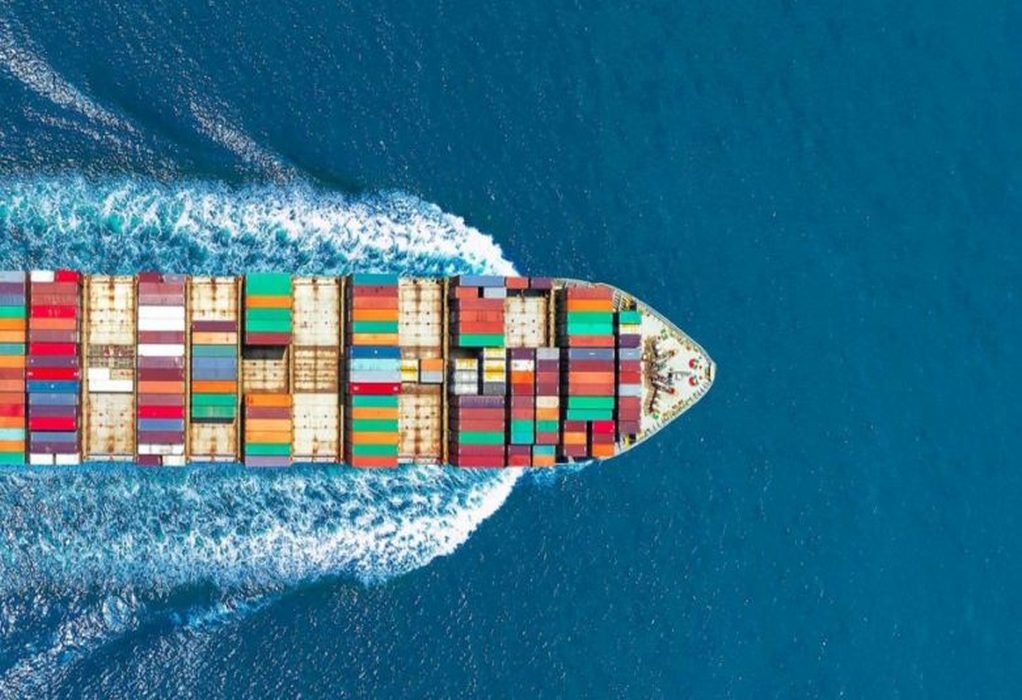The International Chamber of Shipping (ICS) has denounced the International Maritime Organization’s (IMOs) rejection of a research and development fund for decarbonisation projects across the shipping industry.
ICS deputy secretary general Simon Bennett said the fund would have provided $50 million per year to supporting maritime GHG reduction projects in developing countries, which is reportedly a ten-fold increase on the current IMO technical cooperation budget.
The ICS had earlier proposed the establishment of an International Maritime Research and Development Fund to accelerate the research, development and deployment of zero-carbon technologies and fuels.
The goal of the fund was to raise $5 billion via a mandatory R&D contribution of $2 per tonne of marine fuel consumed, to be paid by ships globally. The levy would have supported R&D programs aimed at decarbonising the sector.
In March this year, shipping industry representatives and supporting governments modified the proposal to allocate 10% of the fund to GHG reduction projects in developing economies, including small island states vulnerable to climate change.
However, a statement from ICS secretary general Guy Platten suggests the IMO’s Marine Environment Protection Committee has rejected the proposal.
A comprehensive regulatory proposal for the fund was pushed forward in 2020 by Denmark, Greece, Japan, Singapore, Georgia, Liberia, Malta, Nigeria, Palau and Switzerland.
Tags: Decarbonisation, Fund, ICS, IMO, Shipping



Recent Posts
Egypt Advances Maritime Decarbonisation with National Action Plan Backed by IMO
Fuelre4m unveils VIRDIS: A predictive AI breakthrough in global fuel distribution, powered by Five9nes
EXMAR Launches First Ammonia-Fueled Gas Carrier at HD Hyundai Mipo
Japan-Backed Green Hydrogen Centre Planned for Uttar Pradesh
JSW Group Outlines Major Push into Commercial and Heavy Electric Vehicles
Lloyd’s Register Grants Approval in Principle for KSOE’s Multi-Fuel Newcastlemax Bulk Carrier Design
Eureka Shipping Deploys HVO-Ready Cement Carrier Tamarack for Great Lakes Operations
Terntank Places Repeat Order for VentoFoil Wind Propulsion Units on Methanol-Ready Hybrid Tankers